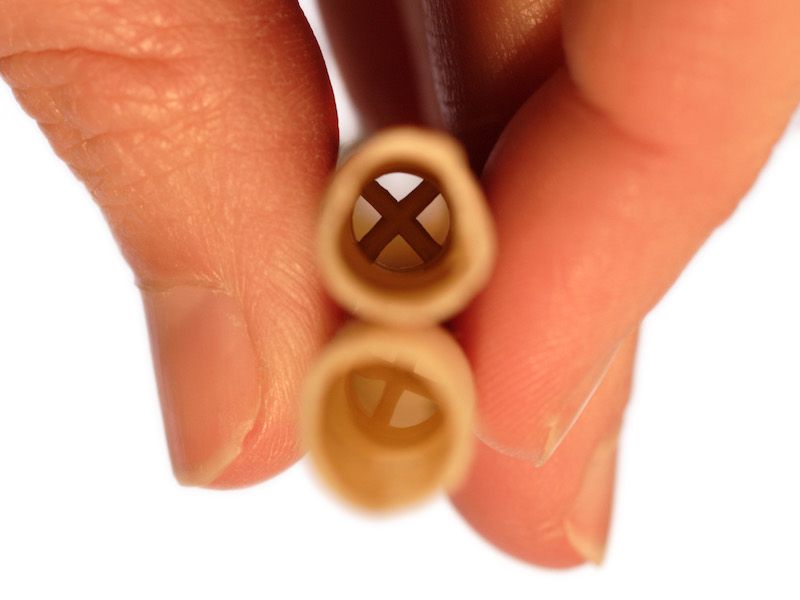
There’s a lingering belief in some circles that a practice known as “ear candling” is an effective way to decrease your earwax. What is ear candling, and does it work?
Is Ear Candling Effective?
Spoiler alert: No. They absolutely don’t work.
Why then do normally logical people persistently think in this pseudo-science. It’s hard to say with much precision. But the more you know about earwax candling, including the risks involved, the more likely you can draw an informed choice (even if the sensible choice is pretty clear).
Earwax Candling, What is it?
So the basic setup goes like this: Maybe you have an excessive amount of earwax and you’re not really sure how to eradicate it. You’ve read that it’s risky to use cotton swabs to clean your earwax out. So, after doing some investigate, you discover a technique known as earwax candling.
Here’s how earwax candling allegedly works: By jamming a candle in your ear (wick side out), you cause a pressure differential. This pressure difference then sucks the wax out. Any wax that may be clogged up in your ear can, in theory, be pulled out by this amount of pressure. But cleaning your ears like this can be dangerous.
The Reason Why Ear Candling Doesn’t Work
This practice has several issues, like the fact that the physics just don’t work. There’s simply no way for a candle to create that kind of pressure differential (and in order to move earwax around, that pressure differential would have to be pretty substantial indeed). Also, a candle doesn’t have the sort of seal necessary to hold pressure.
Now, there are supposedly special candles used in this “treatment”. All of the wax that was in your ear can be found inside the hollow portion of the candle which can be broken up when you’re finished with your 15 minutes of ear candling. The only problem is that the same detritus shows up in both used and unused candles. So the entire procedure amounts to fraud.
Earwax candling has never been proven scientifically to have any benefit whatsoever.
So Earwax Candling Doesn’t Work, But How Safe is it?
What’s the danger in giving it a shot, right? Well, whenever you get hot candle wax around your ears, you’re looking for trouble. Look, it’s very possible that you may try ear candling and leave completely unharmed. Lots of people do. But there are definitely risks involved and it’s certainly not safe.
The negative effects of ear candling can include:
- Candle wax can also clog up your ear canal once it cools down. You could end up temporarily losing your hearing or even requiring surgery in serious cases.
- Any time you’re messing around with an open flame, there’s a chance that you may cause serious harm and put your life in danger. You wouldn’t want to burn down your house, would you? Getting rid of a bit of earwax isn’t worth that kind of risk and danger.
- Significant burns inside ear. When melted candle wax goes inside your ear, it can cause extreme hearing issues and burns. This could permanently damage your hearing in the most extreme cases.
You Can Clean Your Ears Without Needing a Candle
In most situations you won’t even need to worry about cleaning earwax out. That’s because your ears are really pretty good at cleaning themselves! Nevertheless, there are a few people who will have unusually heavy earwax production or buildup to deal with.
If it happens that you have too much earwax there are techniques that have been proven to work safely. For example, you could get a fluid wash. Or you might see a professional who will be capable of using specialized tools to clean the excess wax or wax blockages out of the way.
Cotton swabs are definitely a no-no. And open flames are not good either. Earwax candling isn’t effective, and it can create dangers that will put your comfort and your hearing in significant danger. Try burning candles for their sent or for enjoyment but never as a method to clean your ears.
